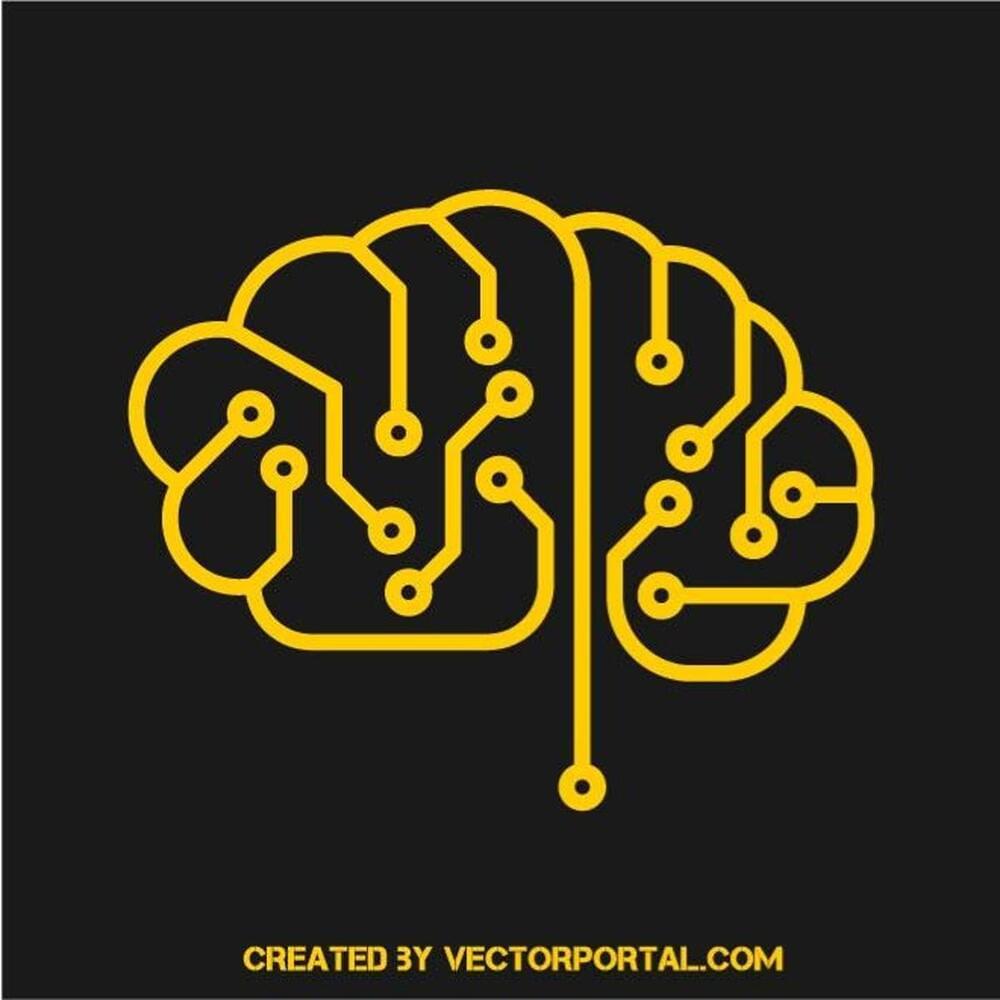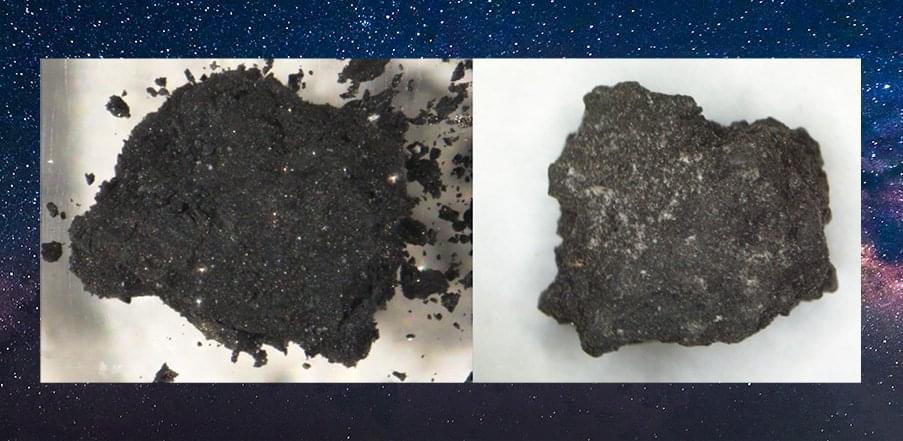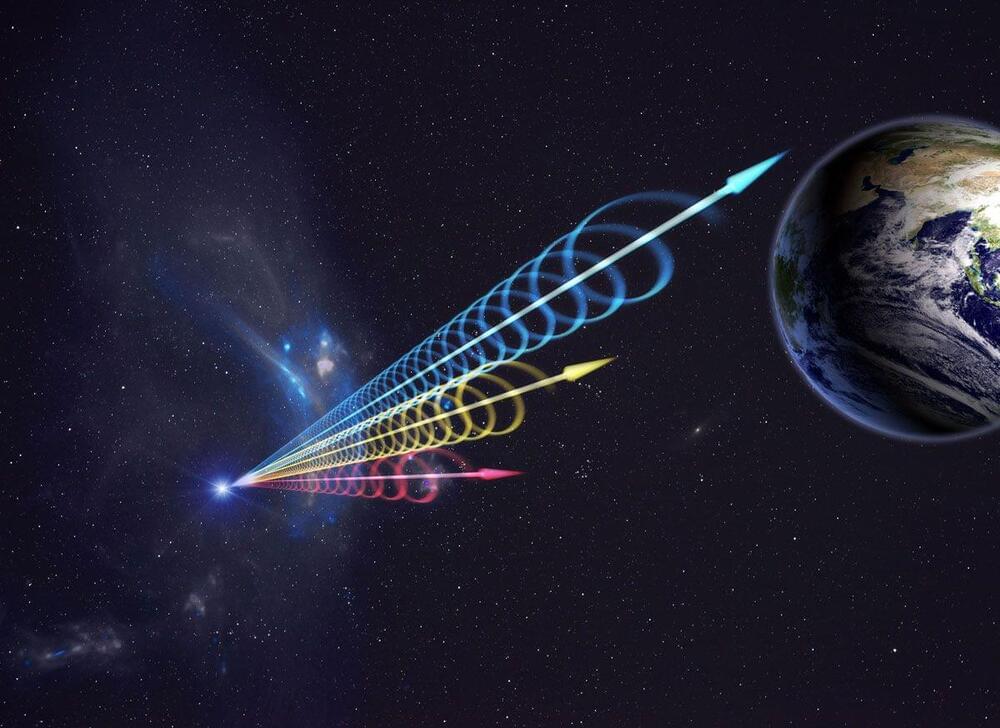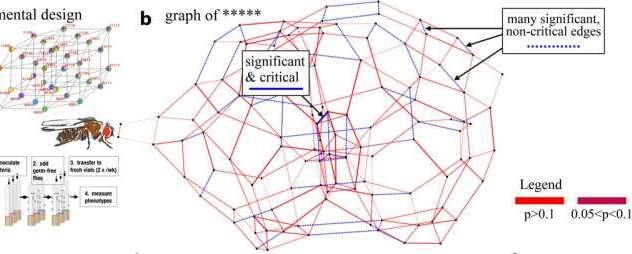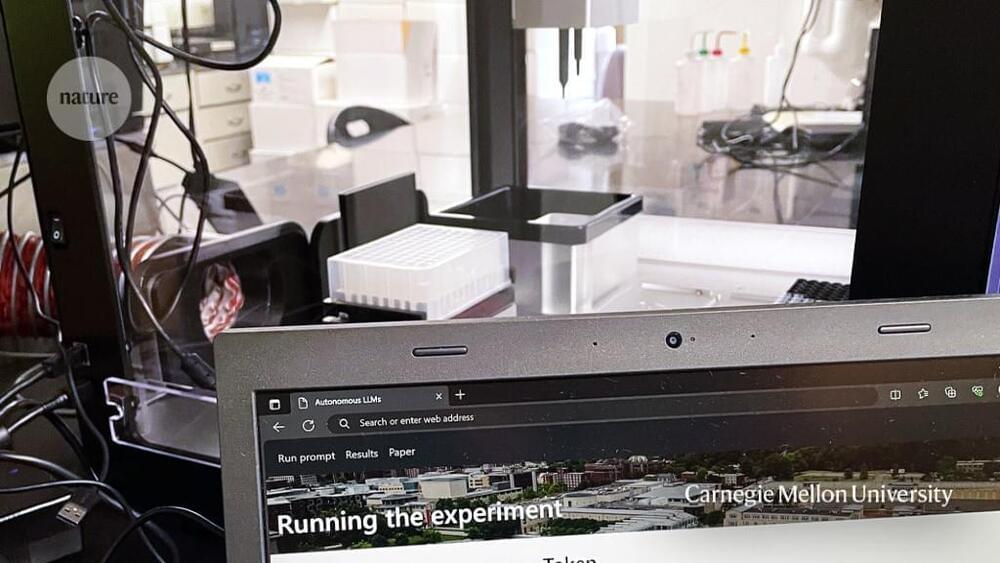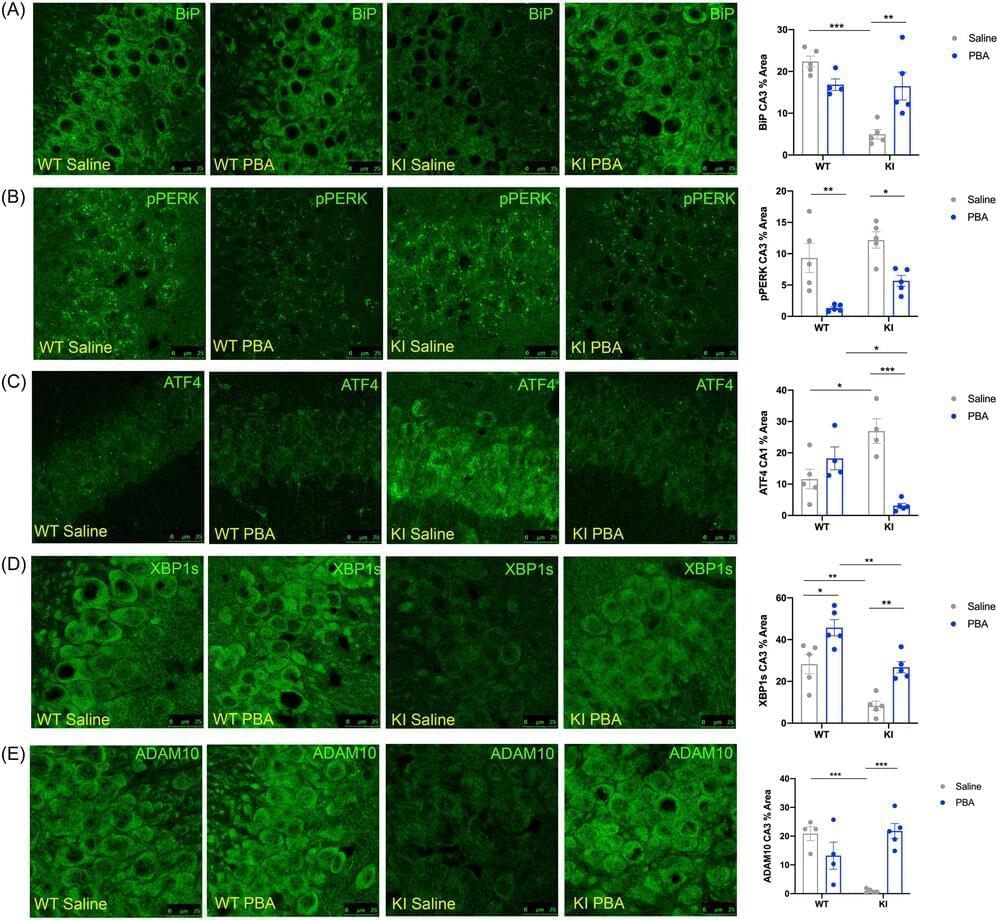Page 927
Dec 21, 2023
Turquoise Lights Will Let You Know if a Mercedes Is Driving Itself
Posted by Shailesh Prasad in category: robotics/AI
Mercedes wants integrated turquoise lights to be the universal sign for autonomous driving.
Dec 21, 2023
The Cybertruck Will Be Able To Travel 100 Meters as a Boat With a “Mod Package”
Posted by Shailesh Prasad in category: Elon Musk

An X user discovered a “Wade Mode” for the Cybertruck that lets it drive through water and Elon Musk now says there’s going to be a “mod package” that lets the EV pickup travel at least 100 meters of water as a boat.
Dec 21, 2023
Ryugu Samples illuminate Terrestrial Weathering Effects on Primitive Meteorites
Posted by Natalie Chan in categories: materials, space
A groundbreaking study conducted by a team of international scientists has unveiled unprecedented insights into the nature of the asteroid Ryugu and shed light on the composition of water-and carbon-rich small bodies in the solar system.
Asteroids like Ryugu are remnants of planetary embryos that never reached larger sizes, making them invaluable windows into materials that formed in the early solar system.
The study centered on laboratory measurements of the samples brought back to the Earth by the Hayabusa2 spacecraft in 2020.
Dec 21, 2023
Inventions that are fighting the rise of facial recognition technology
Posted by Kelvin Dafiaghor in categories: innovation, robotics/AI
Combating the rise of facial-recognition technology, designers have created clothing and accessories to help to conceal people’s identities.
Dec 21, 2023
Strange ‘slide whistle’ fast radio burst picked up by alien-hunting telescope defies explanation
Posted by Dan Breeden in category: alien life
The fascinating patterns of 35 repeating fast radio bursts (FRBs) reveal new properties of these mysterious blasts of deep-space radiation that appear and disappear in milliseconds.
Dec 21, 2023
A new mathematical language for biological networks
Posted by Dan Breeden in categories: biological, evolution, genetics, health, mathematics
A team of researchers around Berlin mathematics professor Michael Joswig is presenting a novel concept for the mathematical modeling of genetic interactions in biological systems. Collaborating with biologists from ETH Zurich and Carnegy Science (U.S.), the team has successfully identified master regulators within the context of an entire genetic network.
The research results provide a coherent theoretical framework for analyzing biological networks and have been published in the Proceedings of the National Academy of Sciences.
It is a longstanding goal of biologists to determine the key genes and species that have a decisive impact on evolution, ecology, and health. Researchers have now succeeded in identifying certain genes as master regulators in biological networks. These key regulators exert greater control within the system and steer essential cellular processes. Previous studies have mainly focused on pairwise interactions within the system, which can be strongly affected by genetic background or biological context.
Dec 21, 2023
Obtaining Tsallis entropy at the onset of chaos
Posted by Dan Breeden in category: physics
Dr Alberto Robledo is a senior research scientist at Instituto de Física, Universidad Nacional Autónoma de México (UNAM). Robledo earned his undergraduate degree from UNAM and his doctorate from University of St Andrews, UK. He has conducted extensive research in the fields of statistical physics and complex systems for over fifty years.
Dec 21, 2023
This GPT-powered robot chemist designs reactions and makes drugs — on its own
Posted by Genevieve Klien in categories: biotech/medical, internet, robotics/AI
A system called Coscientist scours the Internet for instructions, then designs and executes experiments to synthesize molecules.
Dec 21, 2023
New treatment reverses Alzheimer’s disease signs, improves memory function in preclinical study
Posted by Genevieve Klien in categories: biotech/medical, chemistry, life extension, neuroscience
A “chaperone” molecule that slows the formation of certain proteins reversed disease signs, including memory impairment, in a mouse model of Alzheimer’s disease, according to a study from researchers at the Perelman School of Medicine at the University of Pennsylvania.
In the study, published in Aging Biology, researchers examined the effects of a compound called 4-phenylbutyrate (PBA), a fatty-acid molecule known to work as a “chemical chaperone” that inhibits protein accumulation. In mice that model Alzheimer’s disease, injections of PBA helped to restore signs of normal proteostasis (the protein regulation process) in the animals’ brains while also dramatically improving their performance on a standard memory test, even when administered late in the disease course.
“By generally improving neuronal and cellular health, we can mitigate or delay disease progression,” said study senior author Nirinjini Naidoo, Ph.D., a research associate professor of Sleep Medicine. “In addition, reducing proteotoxicity— irreparable damage to the cell that is caused by an accumulation of impaired and misfolded proteins—can help improve some previously lost brain functions.”
